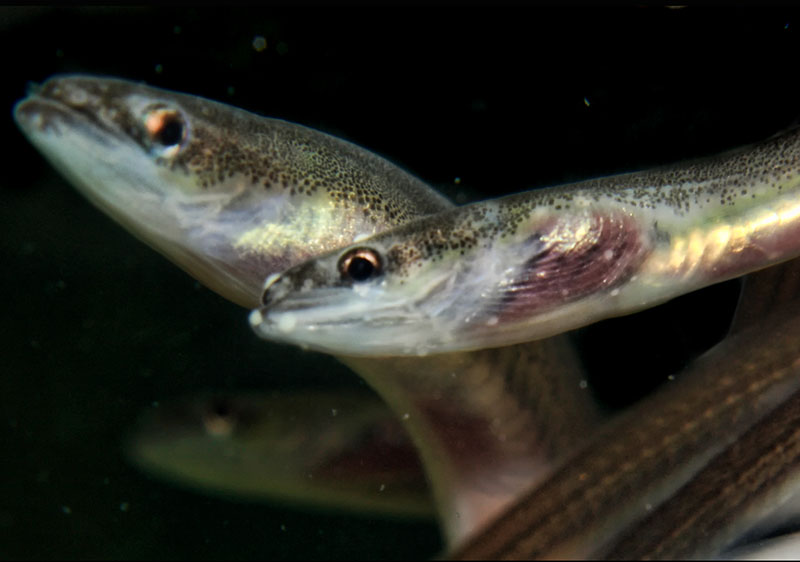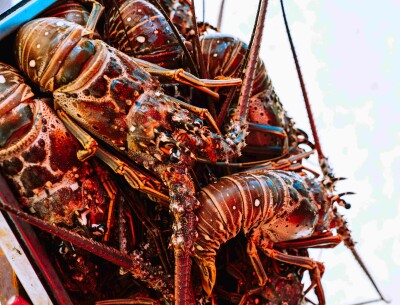After a week-long delay, Maine’s elver, or baby eel, season started on Monday, March 30. Fishermen use nets to catch the baby eels as they head up into Maine rivers each spring.
Maine’s Department of Marine Resources opened the season after implementing new covid-19 protections (consistent with Centers for Disease Control guidelines) for the lucrative fishery, which had a statewide value of more than $20 million and an average statewide price of over $2,000 per pound last year.
But as of April 5, the state agency reported an average price of just $521 per pound. That's about $360 lower than the previous lowest price of the past decade, the Bangor Daily News noted.
Maine is just one of two states that allow elver fishing. Most harvested in Maine rivers are shipped live to Asia, where they are raised to adulthood before being sold globally as seafood or sushi.
The rules call for maintaining social distancing at all times (fishing and selling); spreading out fishing effort on the rivers as much as possible; encouraging fishing as close to home as practical; avoiding traveling throughout the state; and limiting each transaction to one pound or more.
Dawn Bernier, a buyer in Waldoboro, Maine, agreed to closely follow all rules that are designed to minimize the risk of the spread of coronavirus. Bernier and her brother operate Bailey's Seafood, and have been buyers since 2012, but her family has been in the elver business for 30 years.
So far, says Bernier, harvesters are earning $500 per pound, compared to around $2,000 per pound at the start of last year's season. Bernier says lower prices are tied to uncertainty in Asian markets and new shipping restrictions caused by the pandemic, but also the snow on start day, and now cold rain.
Bernier estimates that about a few hundred pounds may have been harvested statewide so far. The total quota this year is 9,688 pounds, which includes quotas for Maliseet, Micmac, Passamaquoddy and Penobscot Nations.
Bernier is one of three or four exporters in Maine that ship their product to Asia. But, says Bernier, the market is "very, very unsteady this year. Buyers are nervous.” Last year, Bernier shipped five to six times a week, but this year dealers in Maine can only ship three times a week, she says. It amounts to about 180 to 220 pounds of elvers per shipment.
These new strict restrictions “are going to be challenging if you only have two to three flights a week to get the eels out of the country,” says Bernier. She says she hopes to see those flights increased, but says they could be decreased, also.
Cory Hawkes manages the Maine Eel Trade & Aquaculture buying station in Waldoboro, which also ends up exporting their product.
“There are also indirect flights to Asia, but we don’t prefer those'' since the plane could land and be delayed before arriving at the final destination. “As far as I know, the markets are still wanting the eels,” adds Hawkes, “but that was last I heard before they decided against the 2020 Summer Olympics in Japan. That move might impact Asian markets as well, but hopefully not.
“Social distancing isn’t in the vocabulary of many fishermen. It’s hard to do, but we have to be safe.”
Bernier says the newly imposed rules are a positive step in an uncertain time. She says she’s become somewhat of an informal “go-to” person for elver fishermen who have questions on safety, and she herself is in a high-risk population.
“Many of our fishermen are also elderly, which makes them susceptible,” she says. “We have to protect them.”







